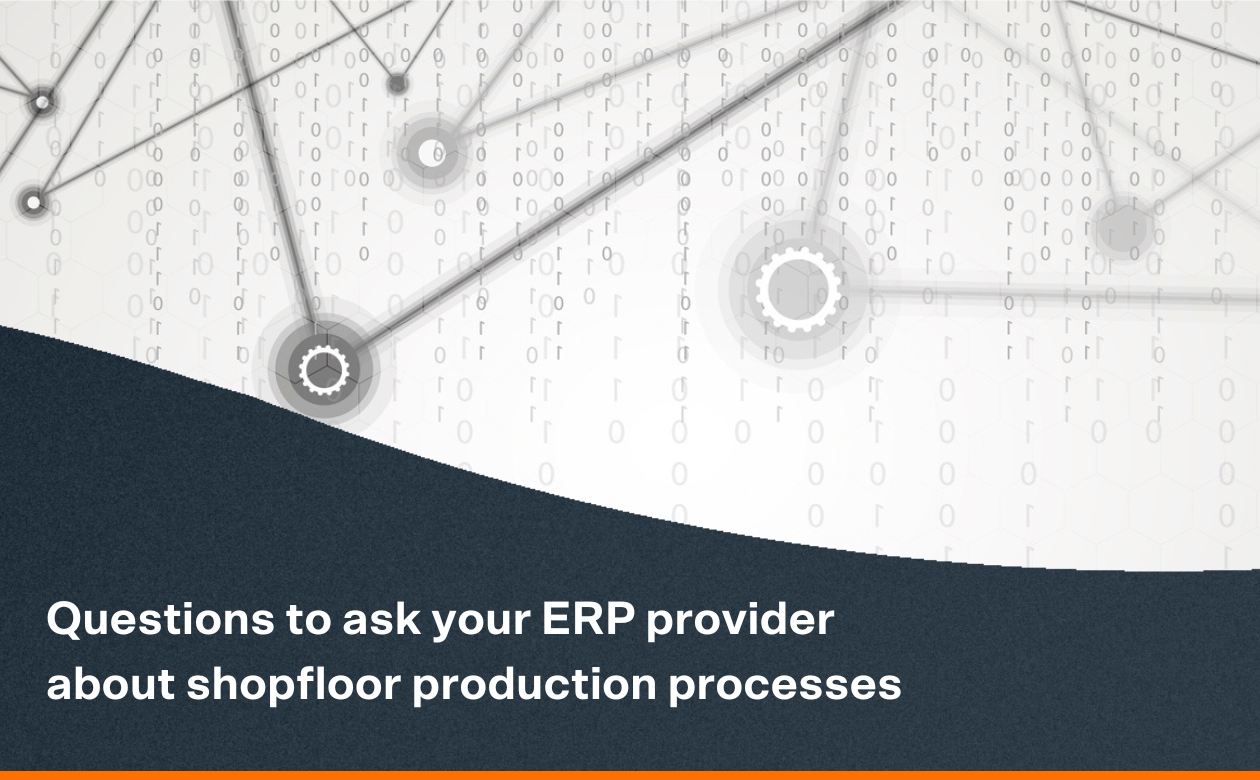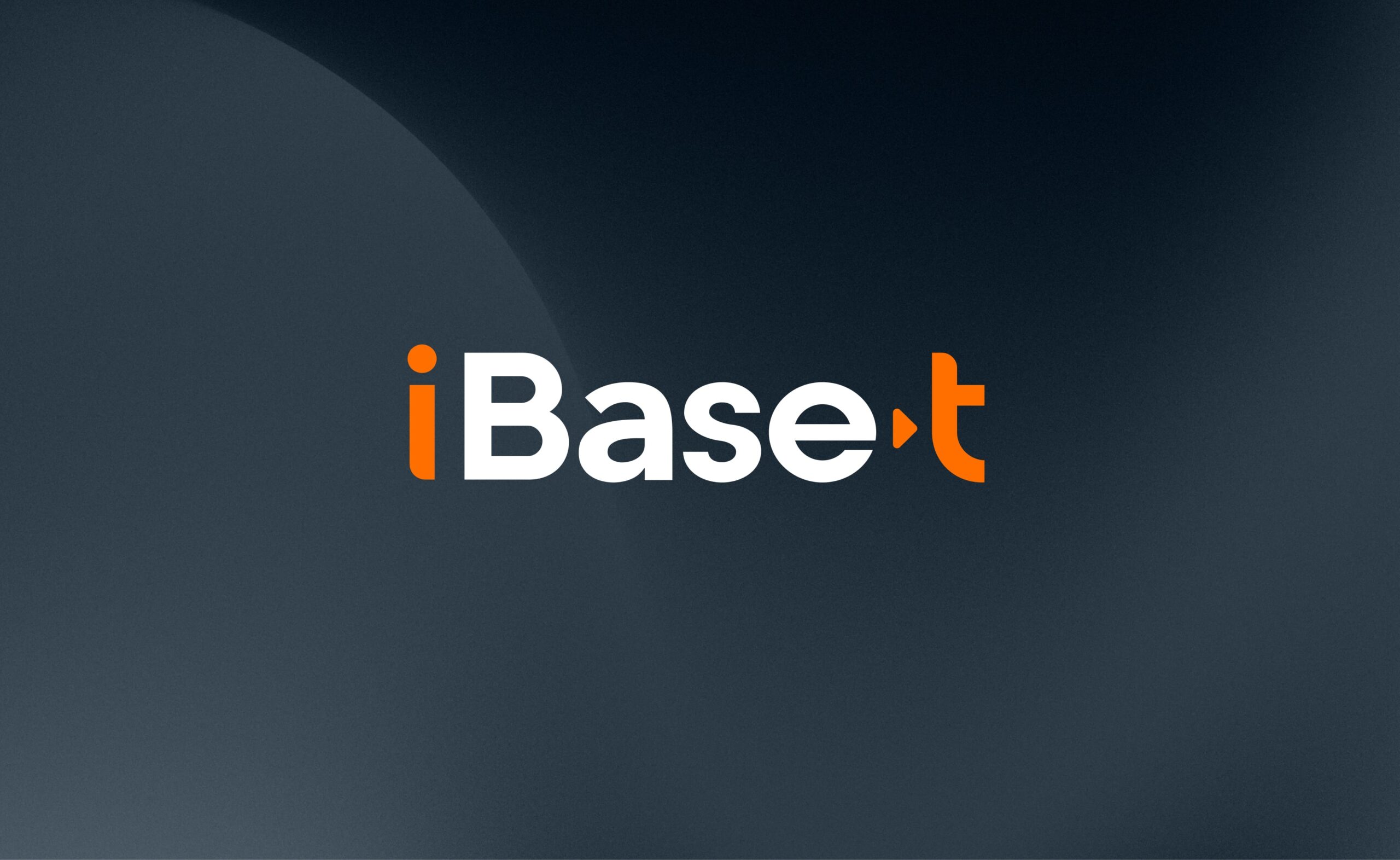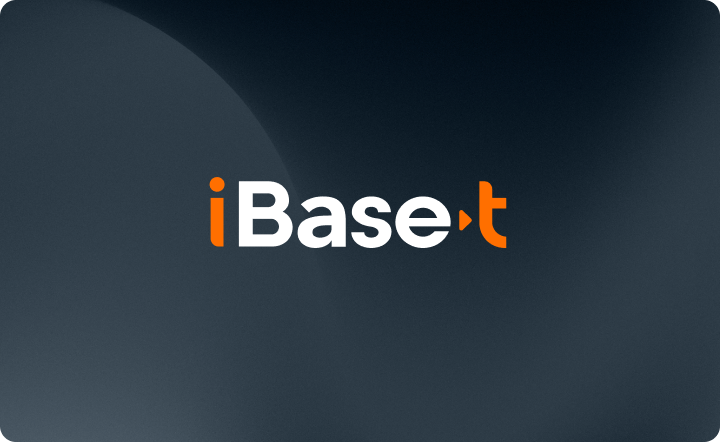Enterprise Resource Planning (ERP) and Manufacturing Execution Systems (MES) are pivotal technologies for today’s leading manufacturers who are pursuing digital first operations. Both solutions can serve important functions throughout operations including supply chain, inventory management, quality assurance, product maintenance, and beyond. The areas of overlap are apparent and while both sets of solutions can be used to improve the different areas they touch, the outcomes they enable are fundamentally different.
Here we will explore what those differences are, how that can impact the planning and execution of operational improvement, and what questions to ask ERP providers to ensure these solutions can deliver the results a manufacturer is aiming to accomplish.
Distinguishing ERP and MES
The core difference between ERP and MES is that ERP solutions are business process focused programs whereas MES solutions are manufacturing process focused. Once again, these are sections of the company with natural overlap, but the focus of each will have these solutions interacting with separate data sets, managing different sections of the plant, and enabling different operational transformation.
ERP systems, from their early development onwards, have been designed to improve and better handle business processes for manufacturers. Some of these initial functions more directly deal with traditional accounting functions such as transaction processing. As the technology developed these functions further expanded to parts of the manufacturing operation. These functions can include tracking and management of the supply chain, order lifecycle, and production execution.
In contrast, MES systems are designed to directly improve and better manage the production process rather than the business process. MES deals more closely with the data and reporting on the impact of the processes. The MES has a much closer impact on the manufacturing process than what ERP offers. This leads to results that improve production optimization, quality control, routine compliance, and material use.
These differences should inform the expectations that a manufacturer has for each solution. To exemplify, noting this does not convey the full scope of capabilities, a manufacturer should expect that an ERP Solution will deliver insight on order processing, material management, or labor costs. However, the information provided may be limited to the immediate specifications, staging, and delivery of an order, the costs and timing of the supply chain regarding material management, or the current payroll and cost of the labor force.
The focused nature of MES, on the other hand, delivers more granular and task specific information. The MES will also provide insight on order processing, material management, or labor costs. However, this information may track each individual change to an order during production, the condition and quality of material in inventory when it comes to material management, or the certification, experience, and permissions of individual operators to assist in labor management.”
Rather than choosing one over the other, ultimately, these are two systems that work best when integrated together. ERP solutions enable the financial and resource management capabilities that today’s leading manufacturers require to match the accelerating speed of business today. That said, the efficacy and ultimate results made possible by an ERP solution can be limited without the detail a MES solution can provide. MES, when properly integrated, feeds back key information to the ERP systems giving manufacturers both the high-level management capabilities and nitty gritty shop floor insight that is needed for optimized digitally enabled operation.
Can you get away with just ERP?
Now, the high-level view of the purpose and focus of these solutions may seem clean cut, the areas that do overlap may have a manufacturer wondering if they can get away with relying on an ERP solution alone. Do you need the details and shop floor data an MES system provides to realize digital transformation or is an ERP enough?
To help inform this decision, below is a list of key questions manufacturers should ask their ERP provider to get a true insight on what is made possible through their solutions. Only by finding out the gaps in an ERP solution can any manufacturer get a true sense of what an MES can do and whether to prioritize ERP and MES system integration in their digital transformation planning.
What to ask the ERP Provider?
- Does your solution show which operators, with which certifications, performed which operations, using which calibrated tools and at what dates and times?
- Does your solution show which parts had to undergo what rework or repair prior to passing inspection?
- Does your solution show which product-embedded systems initially failed tests, requiring troubleshooting prior to passing?
- Does your solution show which installed components on a unit had to be removed and replaced during assembly and for what reason?
Connecting MES and ERP, Solumina Delivers
For manufacturers hoping to transform their operations, an MES clearly delivers more granular toolsets aimed at directly impacting production. On top of this, MES and ERP are two solutions that naturally improve one another. The production-specific data made possible by MES delivers invaluable information to ERP systems that can then be used for better informed business process decisions. Solumina was architected to meet the needs of complex discrete manufacturers; those that produce products with multiple levels of sub-assemblies, frequent engineering changes, and stringent regulatory requirements. This holistic approach to operation processes has given manufacturers the capabilities they need to transform their production. When working through the key questions for ERP vendors, manufacturers will come to find that ERP systems come with gaps that Solumina closes. In fact, Solumina is the necessary axis between your product lifecycle management and your ERP. Solumina is the only complete, integrated system that connects manufacturing operations, supplier quality, and sustainment management. All with embedded quality features to create a seamless flow of data across the value chain and product lifecycle.




